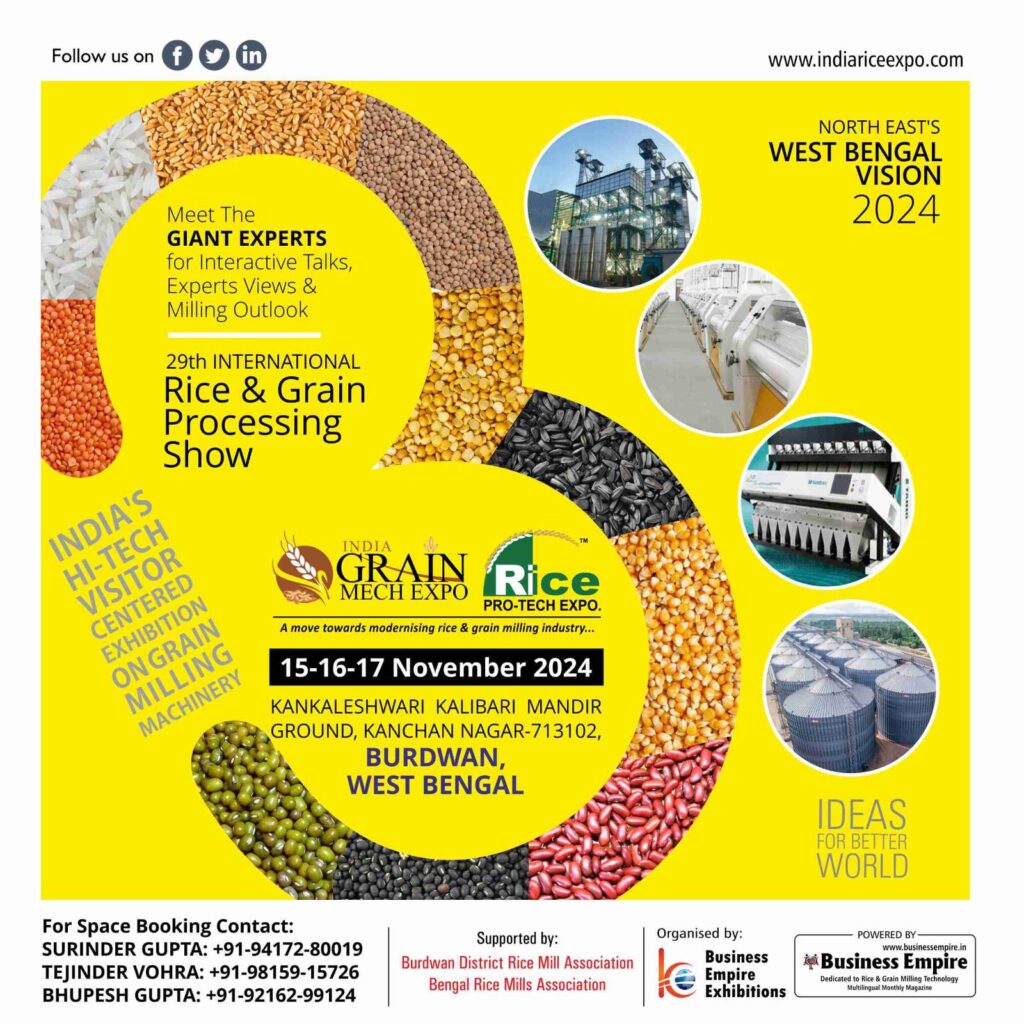Dwindling rice exports trouble Kakinada port
Kakinada port, which used to be at the forefront of rice exports, has suffered badly in recent months due to dwindled rice exports, the NDA government’s decision to restrict rice exports resulted in lower cargo. The overall export scenario from India is also not very bright. Hundreds of families, depending on the port are worried for their future.
According to sources, recently, Indonesia floated tenders for rice imports. India used to be at the forefront of getting such rice export orders. The Centre relaxed the restrictions on exports on September 28 and also reduced export duty on rice to zero. Though the government fixed the price of $490 per tonne, after assessing the market scenario, it allowed the price of $420 per tonne. However, this time, the Indian exporters could not compete with the other countries. From Indonesia, Thailand got 2,00,500 tonnes, Vietnam 83,000 tonnes, Pakistan 81,500 tonnes, Myanmar 84,000 tonnes and India got 80,500 tonnes of orders.
Competition from other ports is another contributing factor to the reduction in cargo at Kakinada port. According to sources, the Visakhapatnam port recently reduced its charges to Rs 112 per tonne from the previous Rs 350 and the exporters can engage their own labour and do not need to depend on the port labour. This decision had an immediate effect on Kakinada port.

According to the shipping sources, Kakinada port doesn’t have favourable conditions for rice exports though labour, warehouses, barges and other facilities are available here. Several restrictions by the port and strict vigil on Kakinada Port by the government compel the exporters to divert their rice cargo to other ports.
HMS Workers Union secretary Ch. Srinu said the government set up a check post at the port. After checking the cargo, then the check post personnel give a no-objection certificate to allow the cargo to enter the port. However, this process is causing abnormal delays in handling of cargo and the workers are losing their livelihood due to the reduction of cargo from the port, he lamented.
A shipping agent said the exporter did not need to bother whether the rice was from the PDS or some other source since they would buy it from the traders. The government should curb the PDS transport at the starting points by setting up check posts there, not at the port as the port is an exit to the world. He felt that night check posts should be lifted and flying squads and other staff could be deployed to curb the PDS rice market.
This article has been republished from The Deccan Chronicle.
